Russia feels double-crossed over Ukraine – but what will Putin do?
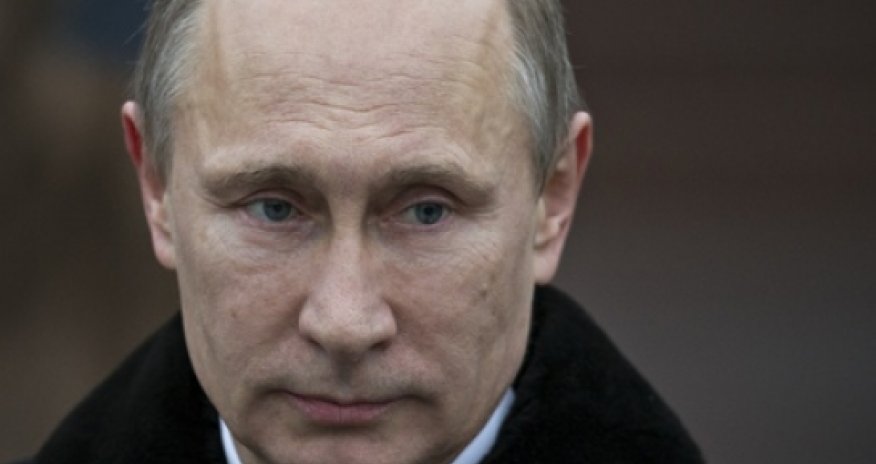
Speaking for a highly nervous EU, Angela Merkel, the German chancellor, telephoned Putin on Sunday to try to make sure nothing untoward was planned. Whether she got the reassurance she wanted was unclear. Few details of their conversation were released, other than that the two agreed Ukraine's stability and "territorial integrity" must be safeguarded. This worthy sentiment could mean, or be used to justify, any number of things, both good and bad.Unable to address him directly, Susan Rice, US national security adviser, used a TV interview to warn Putin it would be a grave mistake for Russia to intervene militarily. "It's not in the interests of Ukraine or of Russia or of Europe or the United States to see a country split." But like Barack Obama last week, she conceded Putin viewed Ukraine in terms of old cold war rivalries, which she called a "pretty dated perspective".Putin, who had no hesitation in ordering military intervention in another former Soviet republic, Georgia, in 2008 when events threatened Russian interests, must be sorely tempted to hit back in some way after Saturday's collapse of the EU-mediated peace deal in Kiev. With that collapse came the apparent ruination of Russia's high-profile drive to lock its strategically vital southern neighbour in ever-closer political and economic union.With some justice, Russia views the parliamentary opposition's actions in toppling Yanukovych, freeing his arch rival Yulia Tymoshenko, arresting ministers and in effect sacking the government as a cynical betrayal of the settlement mediated by EU foreign ministers, which envisaged a more gradual, less divisive transition.To a significant degree, the future security and political cohesion of Ukraine depend on how Putin reacts in the next few days. If he does not act firmly, Putin may fear that Russia's much repressed opposition will be encouraged to emulate the Kiev street revolution. As it stands, what Moscow views as a western-backed "coup" is a personal humiliation for Russia's pugnacious leader. He will not take it lightly.A furious Sergei Lavrov, the Russian foreign minister, reflected these worries when he voiced "most serious concern" over Ukraine in weekend phone calls to the French, German and Polish foreign ministers who brokered Friday's short-lived deal."The opposition not only has failed to fulfil a single one of its obligations but is already presenting new demands all the time, following the lead of armed extremists and pogromists whose actions pose a direct threat to Ukraine's sovereignty and constitutional order,'' Lavrov said. EU leaders should restrain these "rampaging hooligans".Lavrov said much the same in a call to John Kerry, the US secretary of state, reminding him that Putin had told Obama that it was essential the US use every opportunity to halt illegal actions.There's little doubt that Russia feels badly cheated, and Lavrov's terminology appeared to provide grounds for potential direct intervention. Lawful external contributions to resolving Ukraine's problems, including economic assistance, were welcome, he said, but persistent politically-inspired western "intrusiveness" was dangerous. "We don't want to inflict ourselves on Ukraine as the western partners do. We don't advise anyone. This only does harm."A key question now is whether Putin will decide to back the disappeared Yanukovych in his desperate attempt to hang on to power, by rallying supporters in eastern Ukraine. Even if he dumps his discredited ally, Putin could still opt to encourage eastern regional leaders to reject Kiev's authority and pursue forms of greater autonomy. Down this road lies the dread prospect of partition, peacefully achieved or not.Putin will also have to decide whether his $15bn aid package and cheap gas deals can survive the change of leadership in Kiev. If he cancels them, his vision of a brotherly Ukraine as part of a mooted Russian-led Eurasian Union will recede even further from view.An ideal outcome would be a broader, co-operative settlement involving Ukraine's new leadership (whose authority will in theory be established in May elections), Russia and the EU, arranged under the auspices of the Organisation for Security and Co-operation in Europe and the IMF.Yet for Putin to agree such a collaborative solution would require a degree of magnanimity, political maturity and vision that he has signally failed to show in the past.(theguardian.com)ANN.Az
Latest news 
More news 
























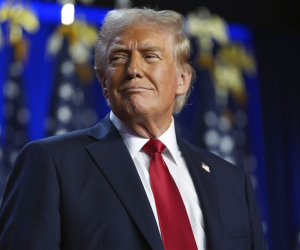
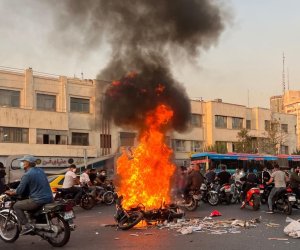
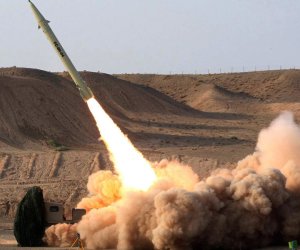
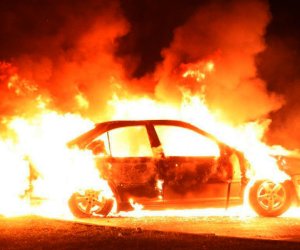
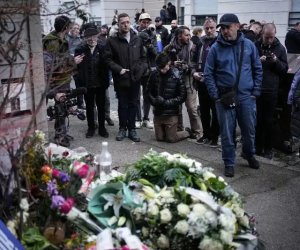

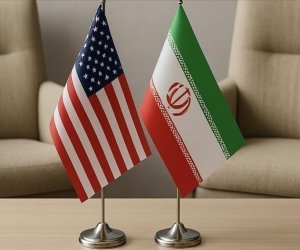
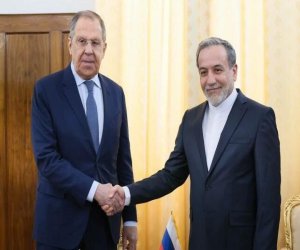
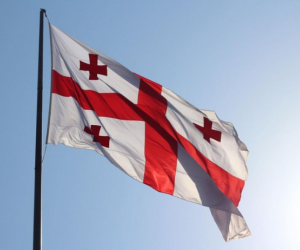


 Photo
Photo 



 Video
Video 

